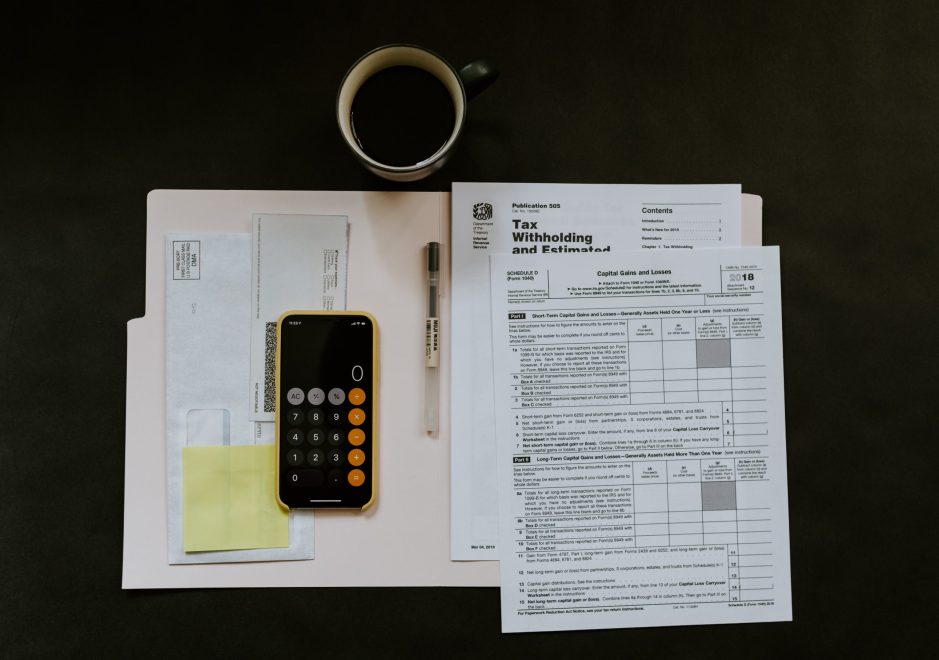Now that crypto markets have flipped bullish, thoughts have turned once again back to profits and the inevitable cut we’ll need to pay the taxman when the time comes.
Generally speaking, a taxable event occurs when you buy, sell, and trade crypto. You are required to report gains and losses on each transaction or when you earn crypto, even if the gain/loss is small.
But, according to CNBC, U.S citizens can take advantage of IRS rules to minimize their tax liability. While the term wash sale has shady connotations, experts say it’s a legitimate way to “harvest losses” and pay less tax.
Pay Less Tax On Your Crypto Gains
As early as 2014, the IRS issued guidance stating crypto should be treated as property. This is a blueprint since followed by many other tax authorities.
“Virtual currency is treated as property and general tax principles applicable to property transactions apply to transactions using virtual currency.”
While this brings into play capital gains tax, the spin side is that wash sale rules don’t apply. Whereas with stocks, investors need to wait 30 days before buying back.
This essentially means you can sell your crypto at a loss and repurchase it straight away to minimize your tax liability. Considering the recent dip we had, those wise to this rule would have taken full advantage.
Head of Tax Strategy at CoinTracker, Shehan Chandrasekera, said the more losses you can rack up, the better it is in the long run.
“One thing savvy investors do is sell at a loss and buy back bitcoin at a lower price. You want to look as poor as possible.
You can harvest an unlimited amount of losses and carry them forward into an unlimited number of tax years.”
Because the wash sale rule doesn’t apply to crypto, investors can harvest their losses much more aggressively versus stocks because there’s no waiting period to rebuy. These accrued losses are used to offset future gains.
When it comes time to cash out crypto, an individual can use the accrued losses to reduce what they owe the IRS in capital gains tax.
Performing this correctly requires buying back before significant movements occur. As well as meticulous record-keeping.
Seek Professional Advice If Needed
The topic of crypto tax is confusing at the best of times. Anyone who’s contacted an accountant for help would have realized that many deliberately shy away from cryptocurrency.
Being a relatively new and somewhat niche sector, coupled with the fact that mainstream opinion is generally marred by talk of scams, etc., this is understandable.
Opting to go the solo route and filing without support from an accountant remains an option. However, anyone unsure of what they’re are doing must seek competent advice.
